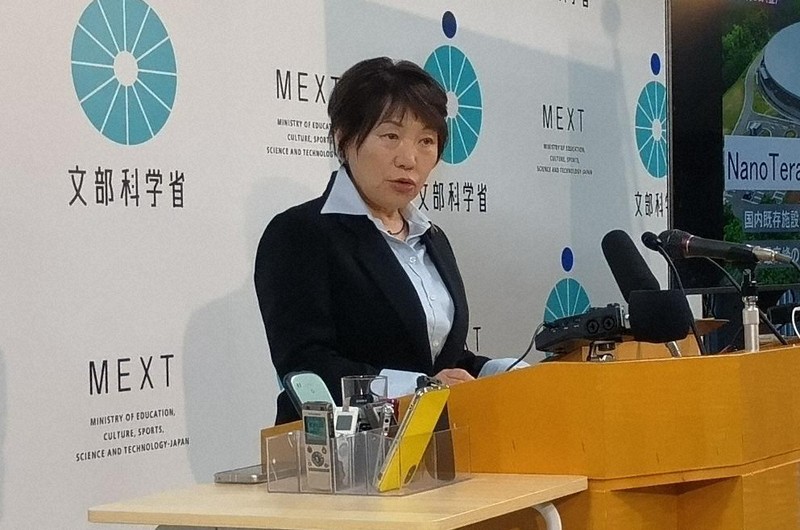Japan Minister Shares Classmate's Suicide Story, Calls for Support

Personal Experience and Public Commitment to Suicide Prevention
During a recent press conference, Japanese Education Minister Toshiko Abe opened up about her personal experience with the tragic loss of a classmate who died by suicide. This moment came as part of broader discussions on efforts to prevent youth suicides, particularly during times when the risk tends to rise, such as after summer break.
The conversation took place following a Cabinet meeting on September 5. In response to questions regarding the Ministry of Education, Culture, Sports, Science and Technology’s initiatives, Abe emphasized the importance of protecting children from the devastating impact of suicide. She stated, "Children should never have to take their own lives. We will continue to work closely with other government agencies and do everything we can to prevent suicide."
Her words were met with a moment of emotional tension as she struggled to maintain composure. With visible emotion, she added, "I'm sorry. A classmate of mine in elementary school died by suicide, so I personally experienced during elementary school something that should have never happened." The statement reflected not only her professional commitment but also the deep personal connection she has to the issue.
When asked for further details about her experience, Abe chose not to elaborate, stating, "I would prefer not to answer that here." While this decision left some questions unanswered, it also highlighted the sensitivity of the topic and the need for careful handling of such personal stories.
In addition to her public remarks, Abe has consistently advocated for open communication and support systems for those struggling with mental health challenges. Earlier in August, she released a message encouraging individuals to seek help rather than internalize their difficulties. She advised, "Some of you may be feeling anxious or troubled about relationships with friends you haven't seen for a while, or about your future, schoolwork or issues at home. Don't take it all on yourself. Please try sharing how you feel with anyone, like your family, friends, teachers or a school counselor."
This call to action aligns with broader national efforts to address mental health among young people. Experts suggest that early intervention, increased awareness, and accessible support services are key components in reducing the number of suicides among children and adolescents.
Minister Abe's willingness to speak openly about her past, even if briefly, underscores the importance of empathy and understanding in these discussions. Her personal story serves as a reminder of the human cost of mental health crises and the urgent need for collective action.
Key Steps in Suicide Prevention Efforts
- Enhanced Mental Health Awareness: Schools and communities are encouraged to implement programs that educate students and staff about mental health and suicide prevention.
- Improved Access to Support Services: Ensuring that students have access to counselors, hotlines, and other resources is critical in identifying and addressing potential risks early.
- Encouraging Open Dialogue: Promoting conversations about mental health can reduce stigma and encourage individuals to seek help when needed.
- Collaboration Between Agencies: Government bodies, educational institutions, and healthcare providers must work together to create a comprehensive support system for at-risk youth.
By combining personal experiences with policy-driven initiatives, leaders like Toshiko Abe play a vital role in shaping a safer and more supportive environment for children across Japan. Their efforts reflect a growing recognition that mental health is a priority that requires both compassion and coordinated action.

Comments
Post a Comment